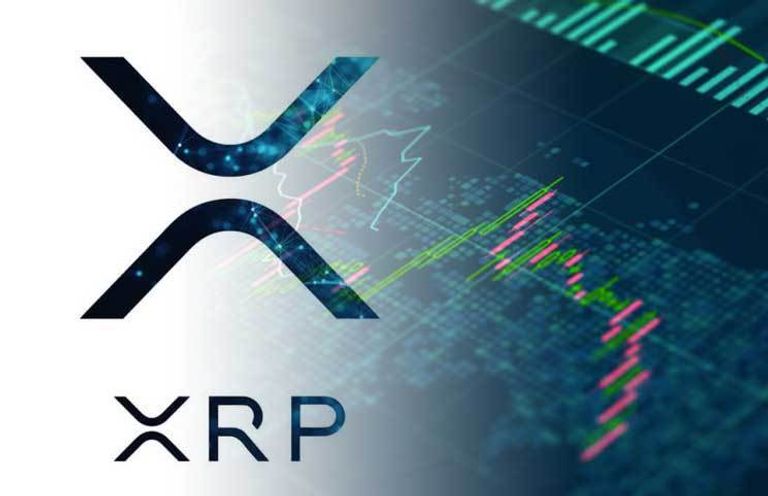Far-reaching decisions for sending and receiving BTC, ETH and Co. could currently be made in the EU Parliament. Because in one draft law the negotiators Ernest Urtasun (Greens) and Assita Kanko (right-wing conservatives) are calling for the end of anonymous crypto payments.
The draft states that the properties of cryptocurrencies would make them particularly attractive to criminals looking to make “illegal transfers across national borders”. Therefore, the EU Parliament should set framework conditions to prevent money laundering and terrorist financing.
No more 1,000 euro limit for crypto payments?
More specifically, Urtasun and Kanko are demanding that the previous regulation for digital asset transactions for crypto payments should no longer apply in the future. So far it has been said that payments of less than 1,000 euros do not require identification of the sender and recipient. The same applies to several smaller payments that together do not exceed the EUR 1,000 limit. That should change in the future. The negotiators write:
Due to the specific characteristics and risk profile of crypto-assets, the information obligation should apply to crypto-asset transfers regardless of the value of the transfer.
Draft report dated February 7, 2022
In addition, this regulation should also apply to unhosted wallets. That means that for every Online crypto transaction would require an identity check – whether or not a financial institution has been behind the wallet so far. Thus, anonymous payments could only be made “peer-to-peer between local wallets without third-party providers”, as Patrick Beyer notes. He is for the Pirate Party in the European Parliament in the Committee on Civil Liberties, Justice and Home Affairs (LIBE Committee).
Pirate party promises resistance
Beyer outraged about the proposals of Urtasun and Kankos. He says:
A complete ban on anonymous payments would have no appreciable effect on reducing crime, but it would deprive innocent citizens of their financial freedom.
Patrick Beyer, MEP for the German Pirate Party and member of the LIBE Committee
In a statement, he explains that opposition figures like Alexej Navalny are “increasingly dependent on anonymous donations in virtual currencies” today. In the past, banks would have “turned off the donation tap” to companies like Wikileaks. He warns that as real and virtual cash is progressively phased out, people could lose their grip on the money supply. For this he guarantees:
We also have the right to be able to pay and donate online without our payment behavior being recorded without cause and on a personal basis. We pirates will oppose these plans
Patrick Beyer, MEP for the German Pirate Party and member of the LIBE Committee
Crypto payments: the clock is ticking
The Pirate Party still has time to do this until the draft report is presented in Parliament. However, this is to be expected in one of the upcoming plenary sessions. The negotiators also make it clear that they have an interest in getting the law changes underway as soon as possible. To this end, they even propose to decouple their “recast proposal from the other parts of the new Anti-Money-Laundering (AML) package” and to connect it to the existing legal situation with immediate effect. The package is expected for 2024 and includes a new AML instance in addition to guidelines and new EU laws.
Netflix films the strange life of the BTC launderers
- Dogecoin Price Analysis – January 14, 2025 - January 14, 2025
- Bitcoin (BTC) Price Analysis – January 13, 2025 - January 13, 2025
- Baby Doge Coin (BABYDOGE) Price Analysis – January 13, 2025 - January 13, 2025
























